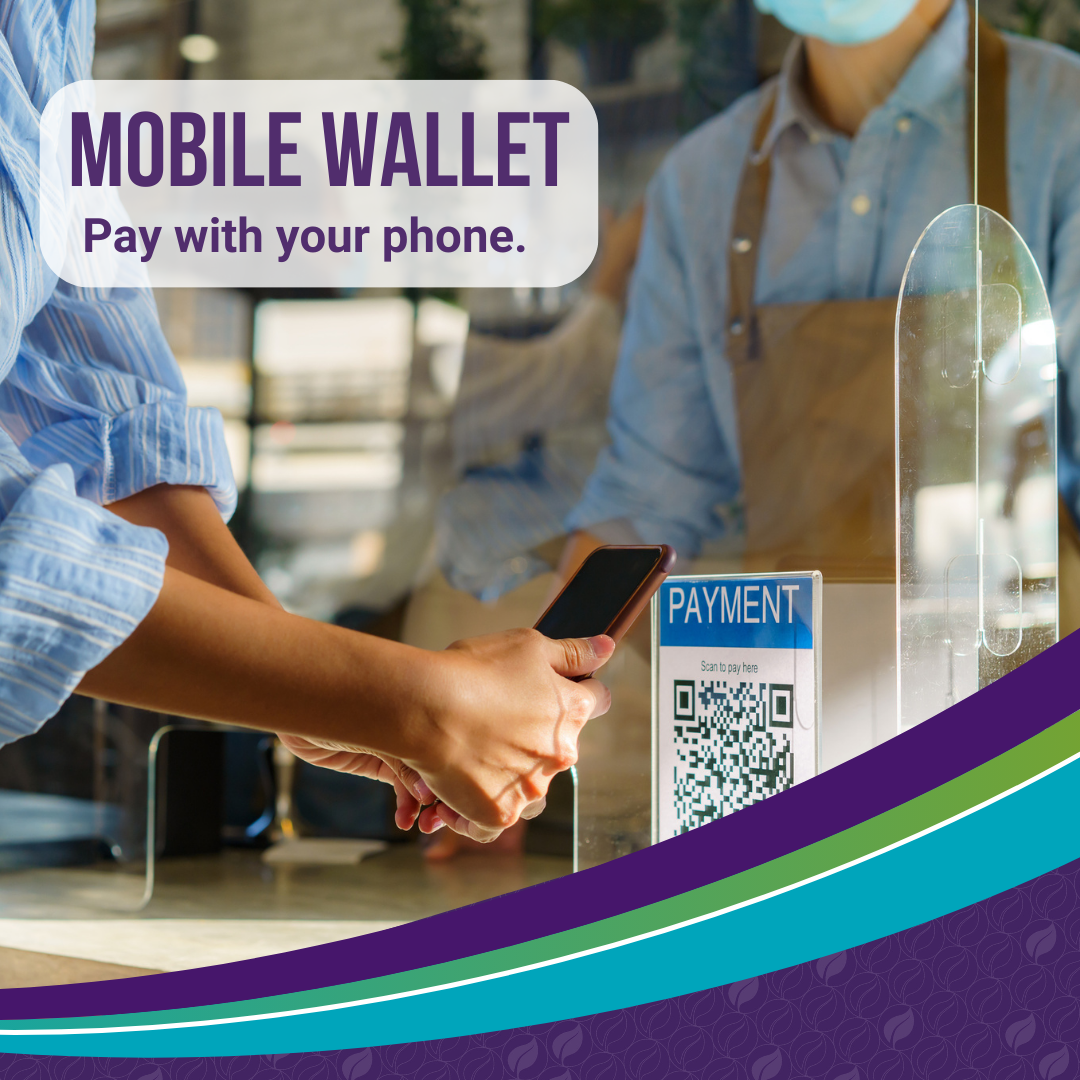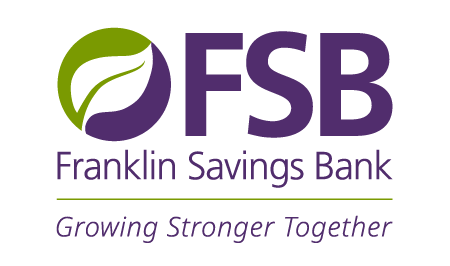Financial scams can appear in many different forms, targeting both experienced investors and average retail customers alike. As the saying goes, if it sounds too good to be true, it probably is! Recognizing the common traits of these financial scams can help save you or a loved one from losing your hard-earned cash. Franklin Savings Bank, in partnership with the FDIC, offers a list of 10 financial scams that consumers should be aware of along with key defenses to keep in mind.
- Government “Imposter” Frauds. These schemes often start with a phone call, a letter, an e-mail, a text message or a fax supposedly from a government agency, requiring an upfront payment or personal financial information, such as Social Security or bank account numbers. “They might tell you that you owe taxes or fines or that you have an unpaid debt. They might even threaten you with a lawsuit or arrest if you don’t pay,” said Michael Benardo, manager of the FDIC’s Cyber Fraud and Financial Crimes Section.
- Debt Collection Scams. Be on the lookout for fraudsters posing as debt collectors or law enforcement officials attempting to collect a debt that you don’t really owe.
- Fraudulent Job Offers. Criminals pose online or in classified advertisements as employers or recruiters offering enticing opportunities, such as working from home. However, if you are required to pay money in advance to “help secure the job” or you must provide a great deal of personal financial information for a “background check,” those are red flags of a potential fraud.
- Phishing Fraud. Financial scam artists send e-mails pretending to be from banks, popular merchants or other known entities, and they ask for personal information such as bank account numbers, Social Security numbers, dates of birth and other valuable details. The e-mails usually look legitimate because they include graphics copied from authentic websites and messages that appear valid. E-mails are used to trick people into giving up valuable personal information that can be used to commit identity theft.
- Mortgage Foreclosure Scams. Borrowers should always be on the lookout for financial scammers who falsely claim to be lenders, loan servicers, financial counselors, mortgage consultants, loan brokers or representatives of government agencies who can help avoid a mortgage foreclosure and offer a great deal at the same time. In these situations, the homeowner is required to pay significant upfront fees or, even worse, tricked into signing documents that, in the fine print, transfer the ownership of the property to the criminal involved.
- Lottery Scam. You might be told you won a lottery (typically one that you never entered) and asked to first send money to the “lottery company” to cover certain taxes and fees. Similar examples involve bogus prize winnings and sweepstakes. “In one example, a financial scammer sent a letter to people using falsified FBI and FDIC letterhead telling them they won a popular, well-known lottery, but needed to send money by wire transfer to a lottery ‘official’ in order to secure the winnings,” Benardo said.
- Elder Frauds. Thieves sometimes target older adults to try to cheat them out of some of their life savings. Warning signs include unsolicited phone calls asking for a large amount of money before receiving the goods or services, and special offers for senior citizens that seem too good to be true, like an investment “guaranteeing” a very high return. To help seniors and their caregivers avoid financial scams, the FDIC and the Consumer Financial Protection Bureau have developed a curriculum with information and resources for older adults.
- Overpayment Scams. This popular financial scam starts when a stranger sends a consumer or a business a check for something, such as an item being sold on the internet, but the check is for far more than the agreed-upon sales price. The scammer then tells the consumer to deposit the check and wire the difference to someone else who is supposedly owed money by the same check writer. In a few days, the check is discovered to be a counterfeit, and the depositor may be held responsible for any money wired out of the bank account. Victims may end up owing thousands of dollars to the financial institution that wired the money, and sometimes they have also sent the merchandise to the fraud artists, too.
- Ransomware. This term refers to malicious software that holds a computer, smartphone or other device hostage by restricting access until a ransom is paid. The most common way ransomware and other malicious software spreads is when someone clicks on an infected e-mail attachment or a link in an e-mail that leads to a contaminated file or website.
- Jury Duty Scams. A thief makes phone calls pretending to be a law enforcement official warning innocent people that they failed to appear for jury duty and threatening an arrest unless a “fine” is paid immediately. And to pay up, the caller asks for debit account and PIN numbers, allowing the perpetrator to create a fake debit card and drain the account.
Check out our FSBlog or follow us on Facebook or Twitter, for additional tips on how to be aware of financial scams and protect your personal information.




